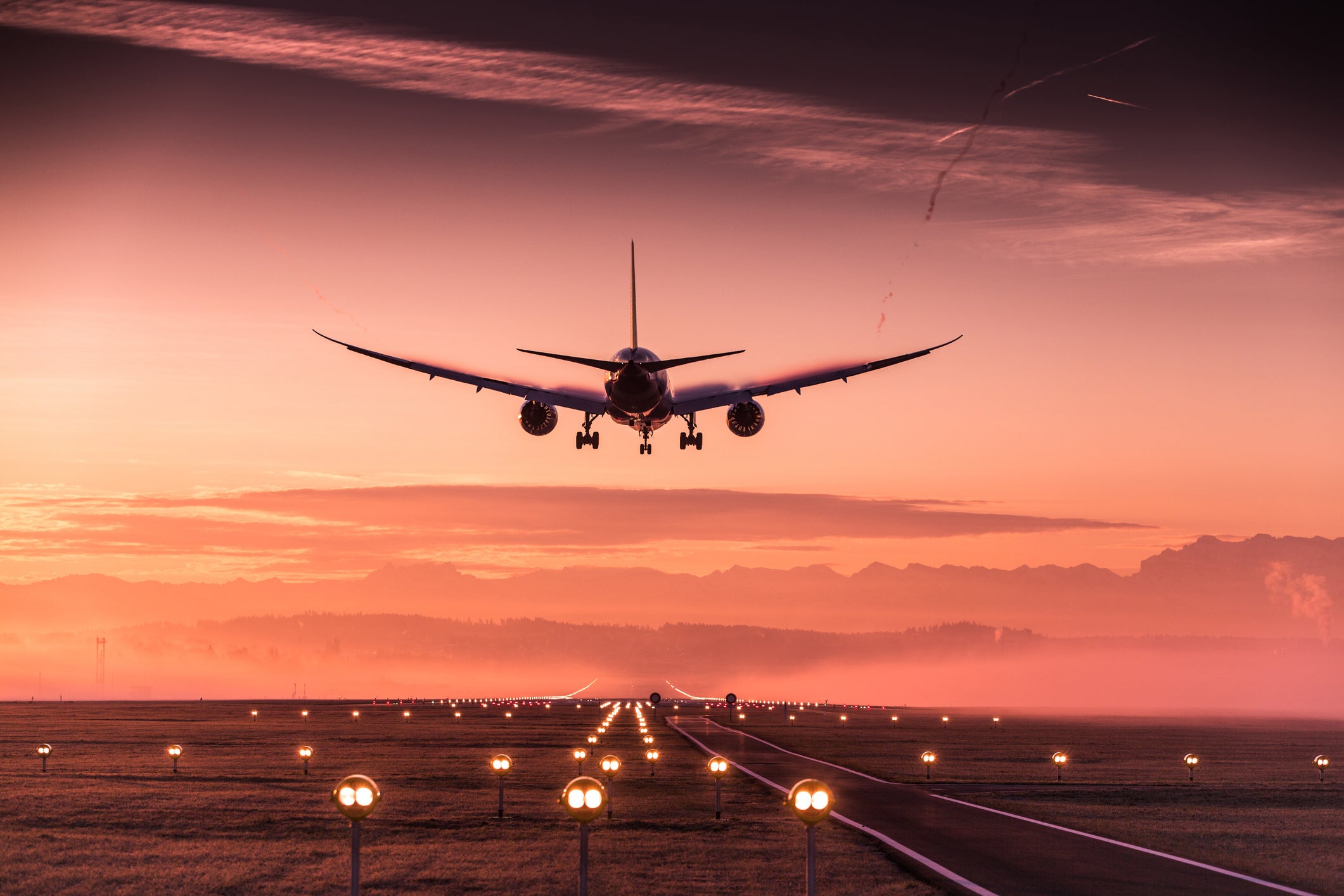Air passenger duty tax: Why is the rate changing and what does it mean for British travellers?
Will your holiday become more expensive?

Air travel is set to get more expensive for travellers flying out from the UK this spring, as a tax known as Air Passenger Duty (APD) increases.
As of 1 April 2017, there were two rates for passengers (band A and band B) over three tiers: reduced rate, standard rate, higher rate.
Band A travellers paid £13, £26 and £78 respectively, while band B passengers paid £75, £150 and £450 over the three tiers.
From 1 April 2018, those rates are set to rise yet further. Here’s what you need to know.
What is Air Passenger Duty?
Air Passenger Duty (APD) is a tax paid by all passengers flying out of the UK, and is government imposed. Other countries operate similar taxes, but the UK’s APD tax is the highest in the EU for both short and long haul flights, by some margin. Tim Cade of Airlines UK, the trade body for UK registered airlines, told The Independent it is “more than three times the rate in France and more than twice the rate in Germany.”
Moreover, UK APD is the highest rate of tax for long haul flights in the world.
Cade said: “Most countries do not tax air travel, and countries such as Ireland, the Netherlands and Belgium have abolished their equivalent tax after recognising the negative impact it had on their aviation sector and connectivity.”
There are two destination bands for UK APD. Band A covers journeys where the distance from London to the destination country’s capital is between 0 and 2,000 miles.
Band B covers journeys where the destination capital is over 2,000 miles away.
Band A includes all EEA and EU countries as well as Corsica, Gibraltar, Madeira, Sicily, Svalbard, the Azores, the Balearic Islands, the Canary Islands and Western Sahara.
It also includes the African nations of Morocco, Libya, Algeria and Tunisia; the Channel Islands and the Isle of Man; Albania, Andorra, Switzerland, the former Yugoslav Republic of Macedonia, Turkey, Ukraine, Russian Federation (west of the Urals only), Greenland, Faroe Islands, San Marino, Serbia, Republic of Moldova, Monaco, Montenegro, Bosnia and Herzegovina, Belarus and Kosovo.
All other destinations fall into band B.
The three rates of ADP are reduced rate, standard rate and higher rate.
Reduced rate passengers are those in the lowest class of travel on the plane for seat pitches less than 40 inches; standard rate covers any other class of travel where the seat pitch is more than 40 inches; and higher rate is for travel in planes of 20 tonnes or more equipped to carry fewer than 19 passengers.
How is it set to change?
From 1 April 2018, APD will change for band B flights. Band A rates will remain the same.
Reduced rate APD will rise by £3 to £78, standard rate will jump by £6 pounds to £156 and higher rate will see the biggest rise, a four per cent increase from £450 to £468.
How will it affect me?
If you’re travelling within the EU and EEA, or any other destination in the band A bracket, you will be unaffected by the increased charges.
However, if your final destination is over 2,000 miles away, you will see an increase in the rate of departure tax you pay.
How has the industry reacted?
A number of aviation and travel organisations have responded negatively to the changes, launching the A Fair Tax on Flying campaign.
Backed by a coalition of Airlines UK, ABTA, The Travel Association and BAR UK (the trade body representing overseas airlines), the campaign is strongly critical of the rise and has called for a cut of at least 50 per cent, which would bring the UK in line with Germany, which operates the next highest level of aviation tax in the EU.
“UK consumers and travellers flying for business are already paying the highest tax of this kind in the world,” says Cade.
“This rise is another tax grab that will swell the Treasury’s coffers by an extra £172 million on top of the £3.3 billion that the Treasury raked in from air passengers last year.”
He labelled the increase “unfair” and stated that it sends out “the wrong signal to our overseas tourism markets and trade partners considering flying to the UK for business.”
He noted that since it was first introduced in 1994 at £5 on short haul and £10 on long haul flights, there has been a rise of 680 per cent in APD rates over the last 24 years.
Cade added: ”We need an urgent cut of at least 50 per cent on this damaging tax to support families and trade, save jobs, boost growth and help get Britain Brexit-ready.”
Subscribe to Independent Premium to bookmark this article
Want to bookmark your favourite articles and stories to read or reference later? Start your Independent Premium subscription today.

Join our commenting forum
Join thought-provoking conversations, follow other Independent readers and see their replies